Research & Publications
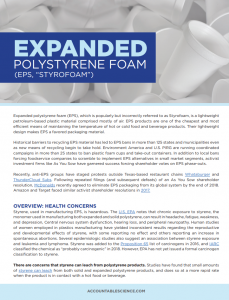
Expanded polystyrene foam (EPS), which is popularly but incorrectly referred to as Styrofoam, is a lightweight plastic material comprised mostly of air. EPS products are one of the cheapest and most efficient means of maintaining the temperature of hot or cold food and beverage products. However, historical barriers to recycling EPS material has led to single-use container EPS bans in more than 125 states and municipalities just as new means of recycling begin to take hold. To learn more about the EPS...
Read More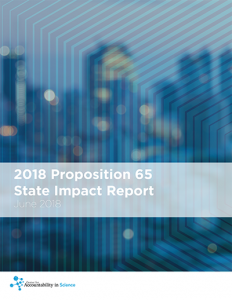
Proposition 65 is a California law that requires warnings on products and areas containing chemicals “known to the State of California” to cause cancer, birth defects, or reproductive harm. The law was supposed to keep people safe from toxic chemicals, but today it’s responsible for meaningless warnings on everyday items like coffee, flip-flops, and toothbrushes. The warnings are everywhere, and consumers have tuned them out. Instead of protecting public health, Proposition 65 has evolved into a tool for trial lawyers to...
Read More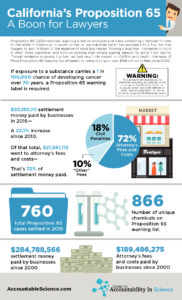
Proposition 65, California’s law requiring labels on products and areas containing chemicals “known to the state of California to cause cancer or reproductive harm” has evolved into a tool for trial lawyers to earn millions at the expense of small businesses. Proving a business’ innocence in court is often more expensive and time-consuming than simply paying lawyers to settle their claims. Though evidence suggests the law has had very little impact on Californian’s health, the ease of filing Proposition 65...
Read More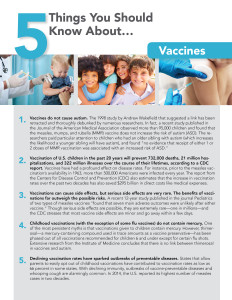
The development of effective vaccines and widespread vaccination have helped eliminate the risk of contracting many preventable, deadly illnesses in the United States. However, misguided fears about vaccine safety have contributed to lower vaccination rates, encouraging new outbreaks of vaccine-preventable diseases such as whooping cough and measles. You can learn more about vaccine safety and the public policy consequences of allowing parents to opt out of vaccinating their children in our research brief, 5 Things to Know about Vaccines.
Read More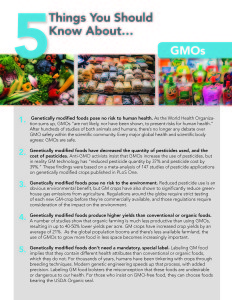
Genetically Modified Organisms (GMOs) are constantly demonized by environmental activist groups as dangerous for public health or the environment. But the extensive scientific literature on GMOs simply doesn't support these claims. To learn the basics about GMOs and why labeling GMOs is unnecessary, check out our primer: 5 Things to Know about GMOs.
Read More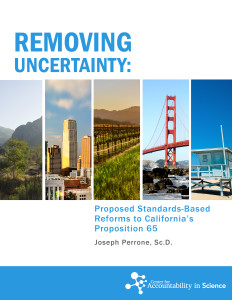
In November 1986, California voters passed a ballot initiative, “The Safe Drinking Water and Toxic Enforcement Act of 1986,” known colloquially as “Proposition 65.” In part, the initiative requires businesses operating in California to warn customers of possible exposure to chemicals known to the state of California to cause cancer or reproductive harm. To determine when a business must post a sign or label a product, the law requires California’s Office of Environmental Health Hazard Assessment (OEHHA) to maintain a list of chemicals that it finds cause...
Read More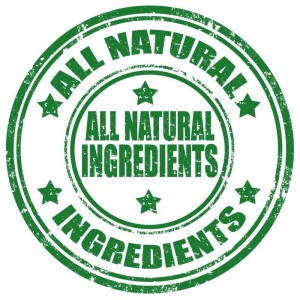
What are “Natural” Products? The backlash against scientific advances has resulted in a growing call for “natural” products. But what does “natural” really mean? In many instances, “natural” labels go hand in hand with the phrase “chemical-free.” However, just about everything is a chemical—some are man-made and some are naturally occurring. There are far more natural chemicals than man-made chemicals. Natural can also have a different connotation when talking about food. To some health and environmental activists, “natural” foods are those free of...
Read More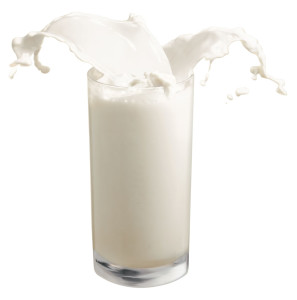
rBST and rBGH are synthetic hormones given to dairy cows to increase their total milk production. The added hormone has raised fears from environmental and health activist groups that the milk and dairy products produced by these cows could negatively impact human health. Research has found, however, that dairy products from rBST cows are no different than those from cows not given rBST. What do these hormones do? rBST and rBGH boost a naturally-occurring protein in the cow’s pituitary gland that controls...
Read More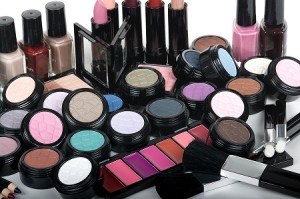
Parabens is a term used to describe a set of chemicals used as a preservative by the cosmetic and pharmaceutical industries to prevent bacteria growth. The most common parabens used in cosmetics are butylparaben, propulparaben, and methylparaben. Most personal care products including makeup, deodorants, and moisturizers, contain parabens. Health Activists and Parabens A number of environmental and health activist groups have actively pushed for a ban on parabens, arguing that they are endocrine disrupters. Most notably, the Environmental Working Group runs the “Campaign...
Read More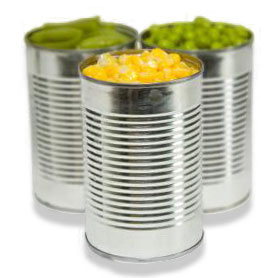
Bisphenol-A (BPA) is a chemical that is used in a wide variety of items—rigid plastics, lining in canned food and beverage products, and even thermal paper used for receipts. It has been subject to hundreds of studies over the past few decades, making it one of the most studied chemicals in wide use today. BPA is currently categorized as “general recognized as safe” by the U.S. Food and Drug Administration (FDA). The FDA released two of the largest and most rigorous...
Read More